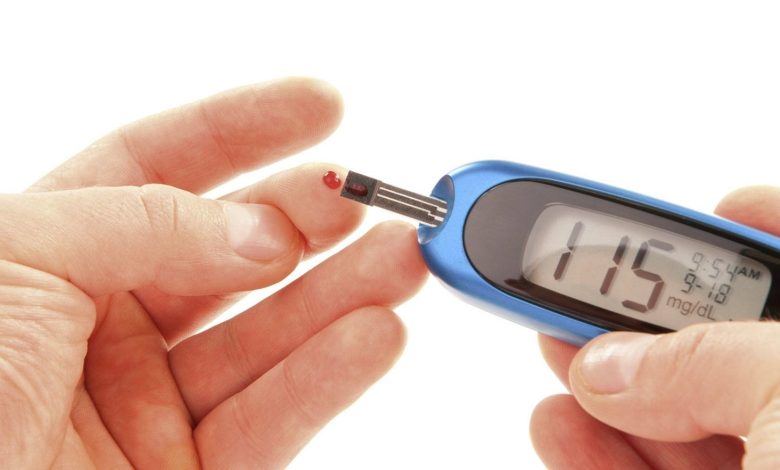Intermittent fasting could help people overcome diabetes

Can intermittent fasting help diabetics control their disease? A Chinese study provides some answers.
Type 2 diabetes is a metabolic disease that appears with age, a sedentary lifestyle and a diet high in fat. Diabetes is not inevitable, the disease can be fought with medication, but also through lifestyle changes such as resuming sport or a healthier diet. These adjustments also promote weight loss, obesity being an important risk factor in type 2 diabetes.
All about diabetes
Fasting to control blood sugar
A Chinese study carried out at Changsha University tested the effect of intermittent fasting on type 2 diabetes in 72 adults, aged 38 to 72, who had diabetes for less than ten years. Participants were randomly separated into two groups: the first followed intermittent fasting and the second ate conventionally.
The fasting program consisted of fasting for 5 days – during this period food intake was limited to 840 kcal per day – then eating conventionally for ten days. This cycle was repeated six times over a total period of 90 days.
Of the 36 diabetics who fasted, 17 are in remission, that is to say that their blood sugar is stabilized below 6.5% for more than 3 months and without the help of medication. Only one person in the other group was able to achieve this goal. A year later, 16 people in the fasting group are still in remission. The follow-up went no further. Fasting allowed diabetics to lose weight, 5 kg on average. For the others, the body mass hardly decreased.
This small randomized study suggests that dietary modification can help diabetics overcome their disease. A fact already known for a long time to diabetologists. Here, since a calorie deficit accompanied intermittent fasting, it is unclear whether it was fasting or calorie restriction that helped patients regulate their diabetes. A modest study that will not change the management of the disease, but an interesting signal concerning the benefits of intermittent fasting, in a medical context monitored by diabetes. Effects to be confirmed by other studies.












